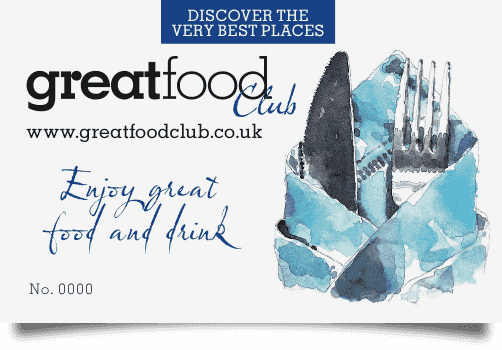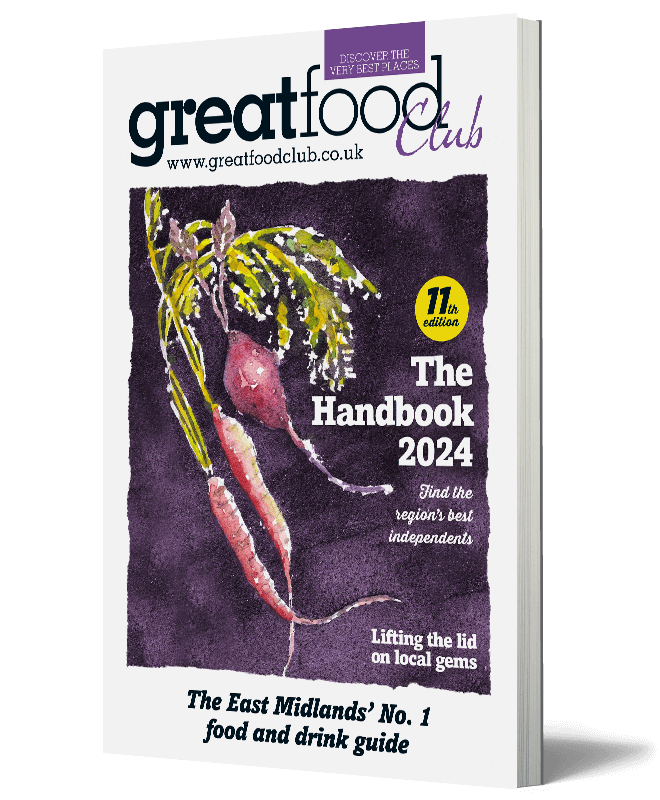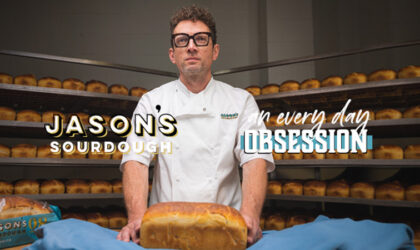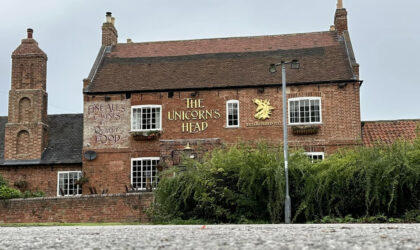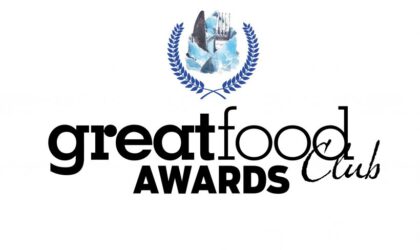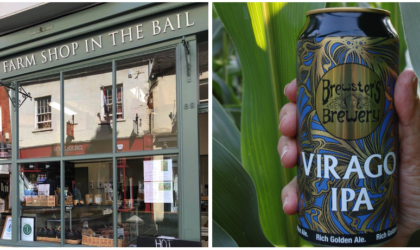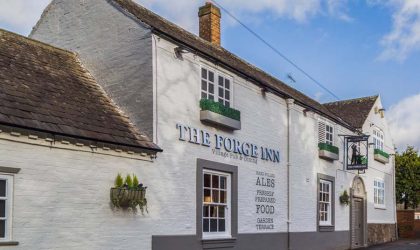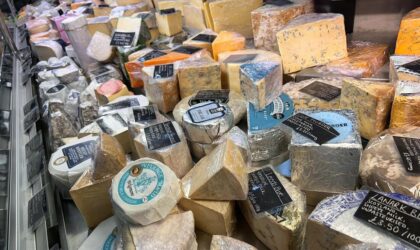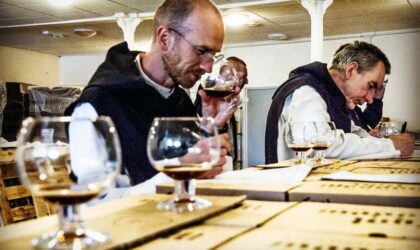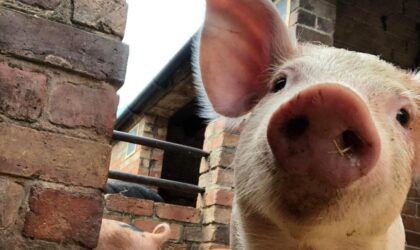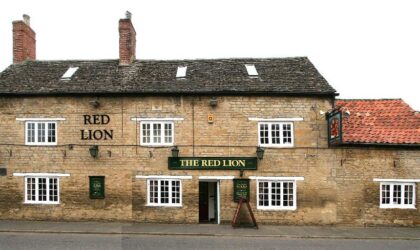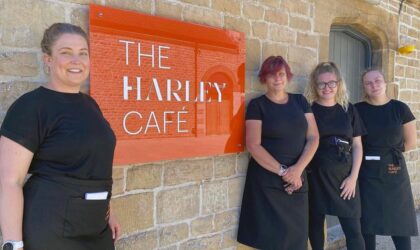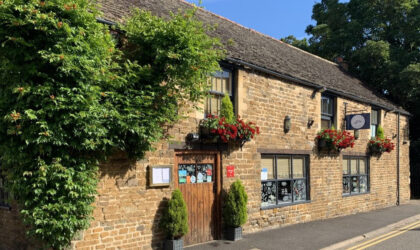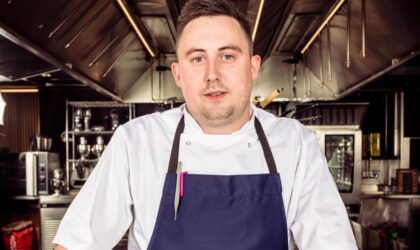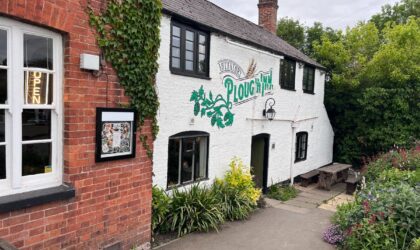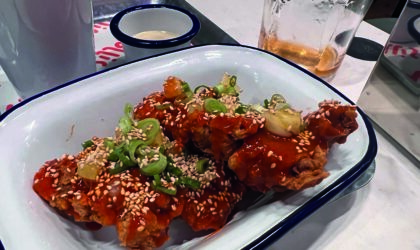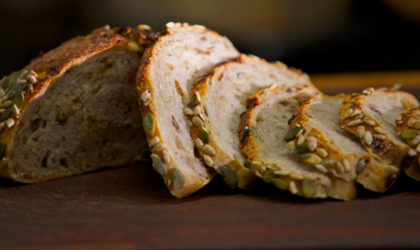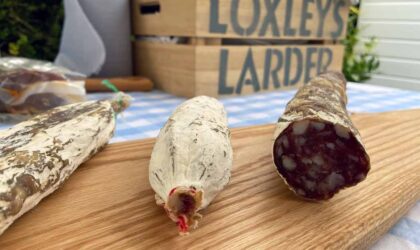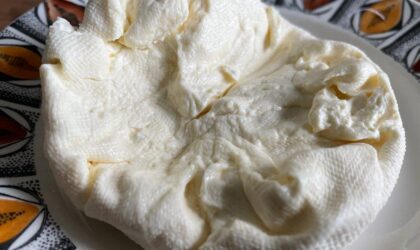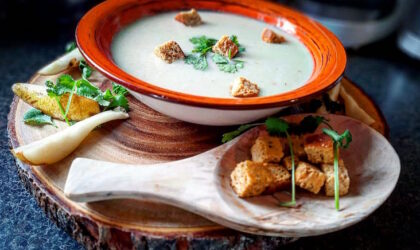Blog: Provenance. Who cares?
If you are interested in food, you are encouraged from all quarters to investigate the origin of what you put in your mouth.
All those key words: local, sustainable, ethical, seasonal – and some of the more hard to define words: farm fresh, homemade, selected, prize winning and the rest – all pivot on the notion of provenance.
The notion of traceability is in vogue: asking where your food comes from and making quality and value judgements based on that information.
Nominally, those who can boast “from farm to fork” or “fork to fork” even, have the best provenance one could wish for.
Or do they?
How many really even know what the legal difference between an organic tomato and a non-organic tomato is? What assumptions could we challenge when something is offered as homemade? When an organisation has total control over the supply chain (a farm shop on a farm, a butcher who owns cattle, a supermarket that grows wheat) is the assured provenance offered a guarantee of quality?
If you buy a bacon sandwich from a greasy spoon in the morning, you don’t ask where the bacon comes from unless “the cash and carry” is music to your ears. However if you’re buying a bacon sandwich from a diversified farm shop, surely it’s an obvious question. You might expect a concise but illuminating answer – “those Old Spots over there, cured here and smoked out the back” and you’d have the full provenance of your bacon, right?
Well no, not strictly speaking, hardly at all. Little better than the greasy spoon’s in reality.
In the caff we can assume, usually correctly, that the bacon will be Danish, from intensively reared commercial breeds, fed on the cheapest available food, wet cured on an industrial scale and shipped to the UK.
So what’s the problem at the farm shop? The information provided gives us little more insight into where the bacon came from than we can assume at the greasy spoon, the assumptions might lead us to wildly different conclusions about the quality, but the level of information is similarly woolly.
For the true provenance of that bacon to be known we would want to know what those Old Spot pigs were fed on, where it came from, if they were outdoor reared (partly or wholly), at what age and weight they went to slaughter, how long they were hung for, what was used in the cure, how long the cure was for, how long it was aged before smoking, what wood was it smoked over, at what temperature, for how long, when was all this done…
The true provenance of the food we eat is insanely complicated, even at the level of producer retailer, when the person selling you the food is also the person who made it or grew it.
Does it really matter though? I think it does, and I think we need to ask more questions about what we eat. In a worst-case scenario those Old Spot pigs at the diversified Farm Shop could have arrived last week on an overcrowded lorry from a bankrupt farm that had been feeding them little of the worst feed available. The ones destined for bacon could have been put into an old and weak brine the same day as slaughter, and been in that brine for only a few days. The bacon could then even have been “smoked” using liquid smoke. All this is hidden behind the original seemingly reassuring answer.
The bacon sandwich scenario plays out in everything we eat. If you care about the food you eat, about whether or not the animals had a happy life, if the crops were grown using pesticides and herbicides, if the farmer and workers were paid a fair price and, possibly most crucially if your food is what it claims to be, then to a greater or lesser extent provenance does matter.
It behoves us as end consumers to ask a couple of extra and maybe even searching questions, to read the label, to look at the small print to find out exactly what is meant, and the value of, the information we are offered. Caveat Emptor.
Father of three Matt Gregory (above) writes for Great Food magazine and teaches food-smoking courses at Stamford Cookery School. He also likes to forage, fish and wear hats. @FamilyGregory





